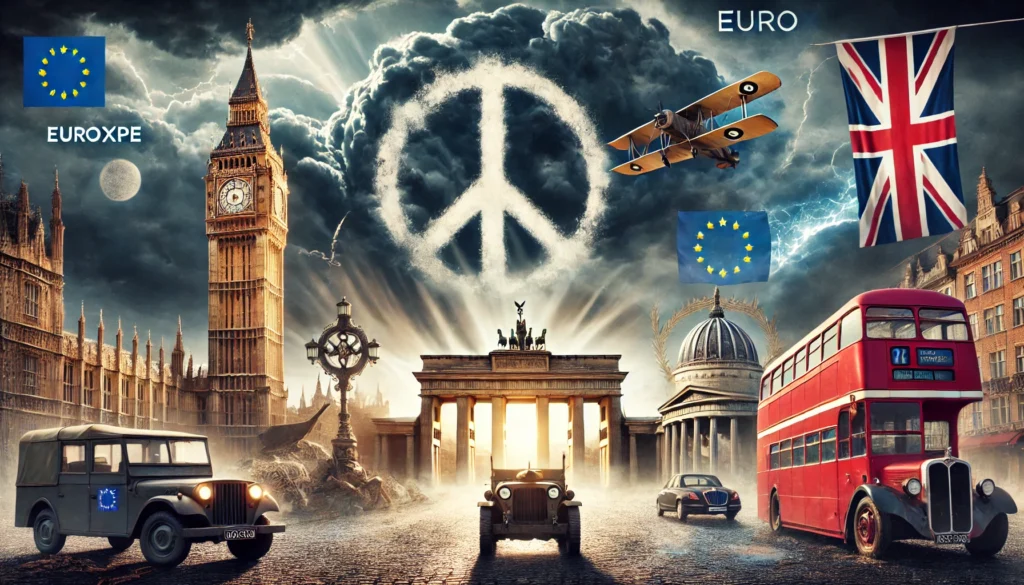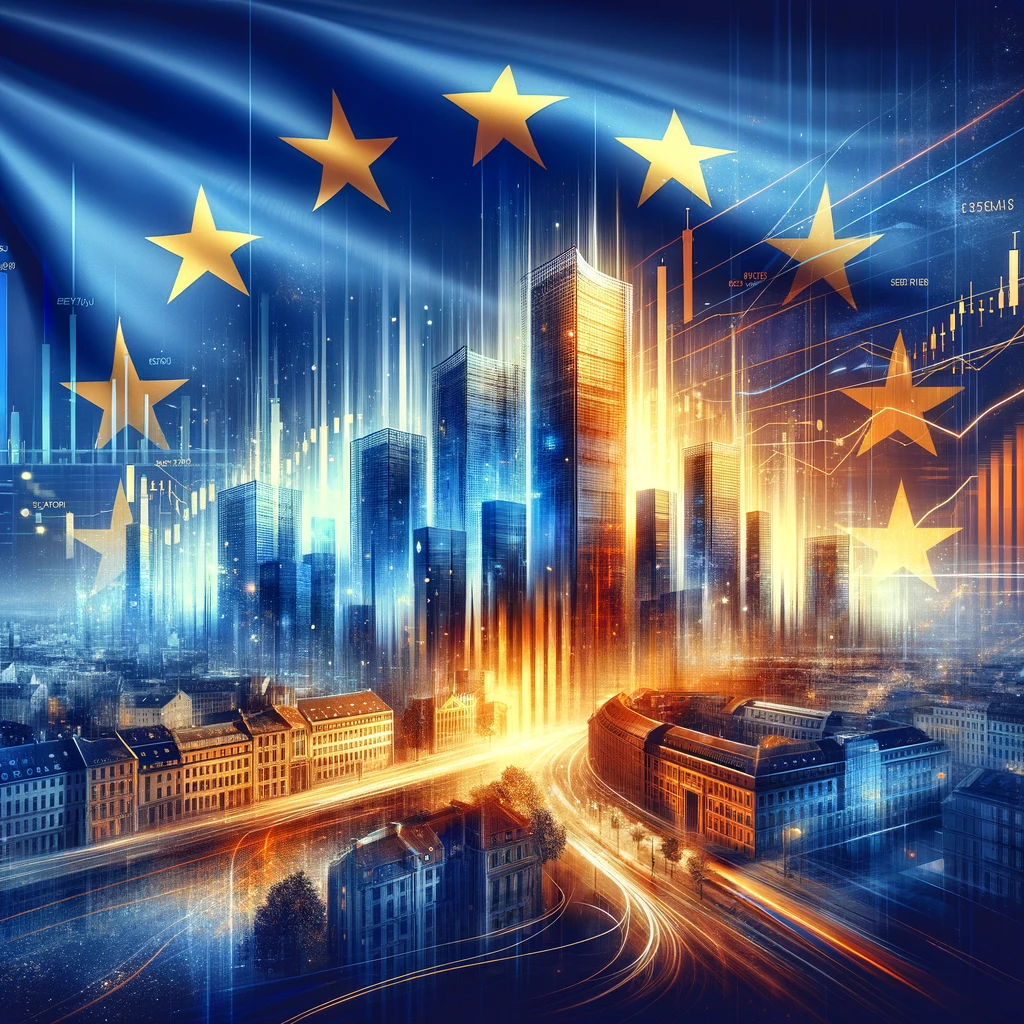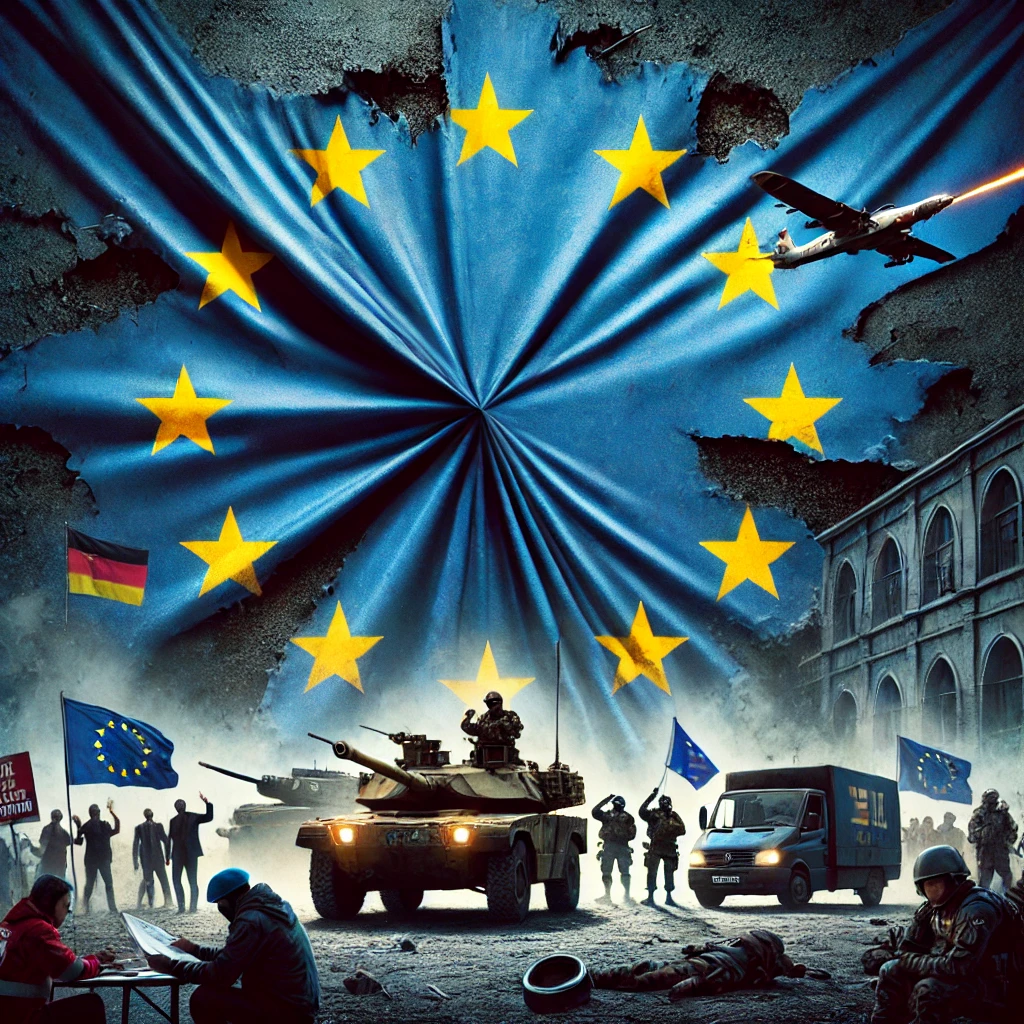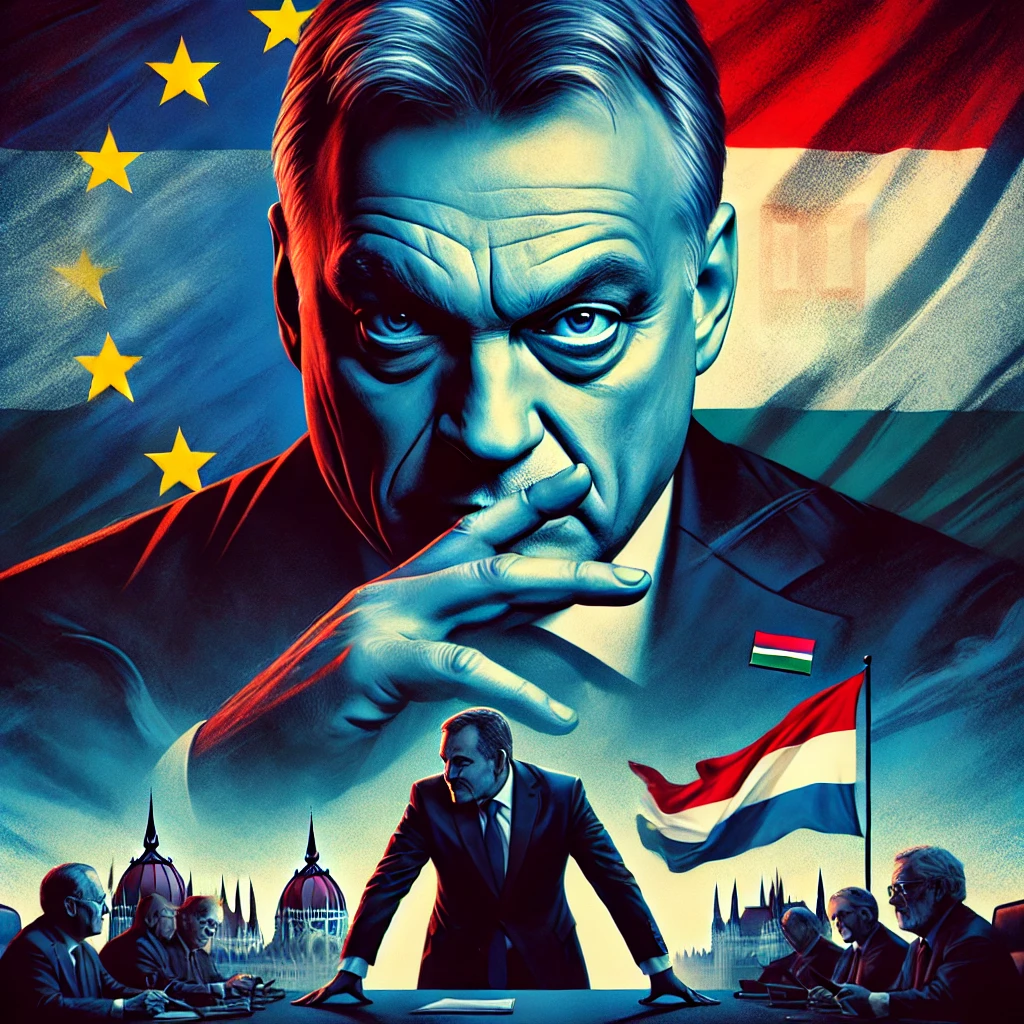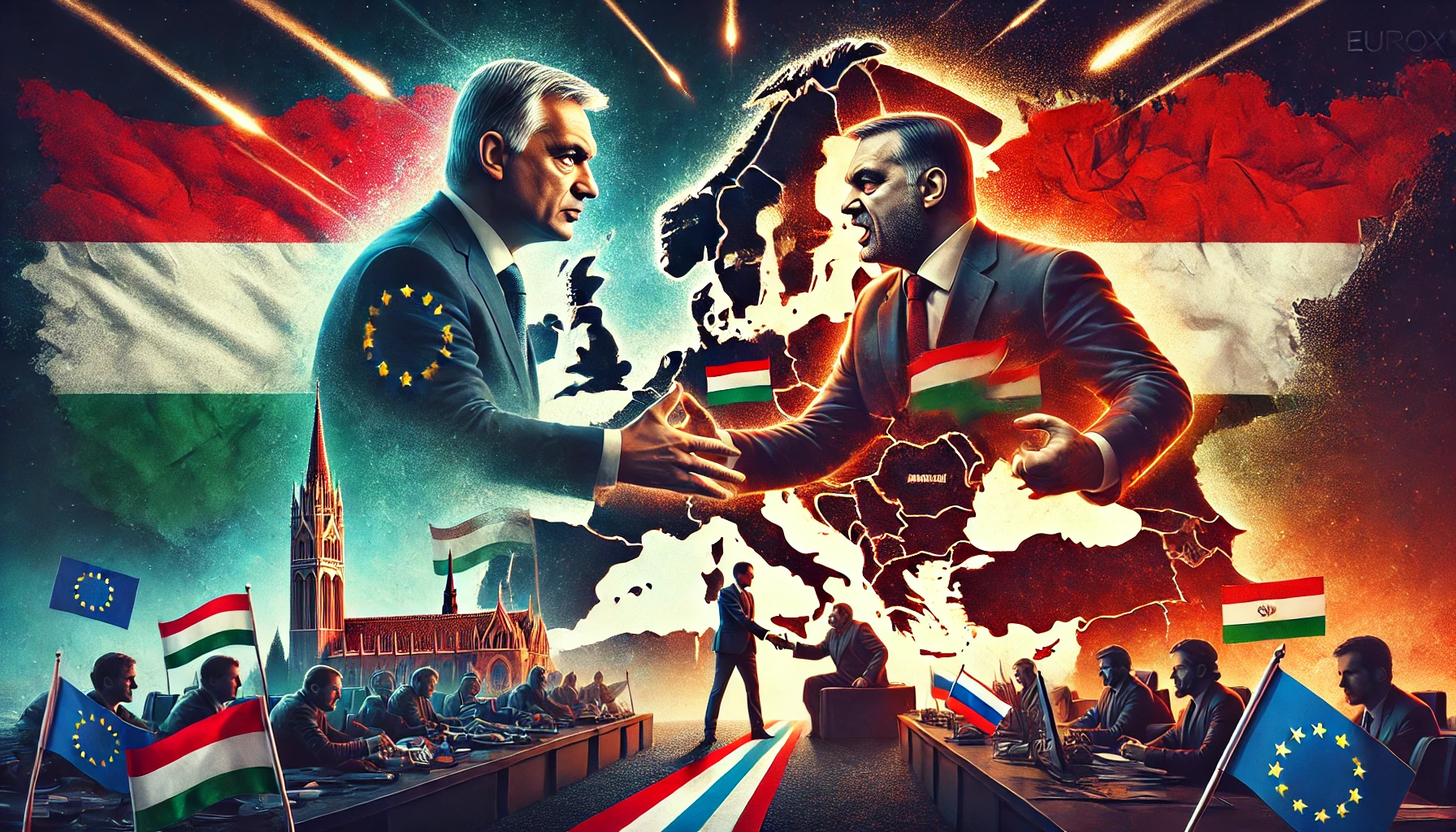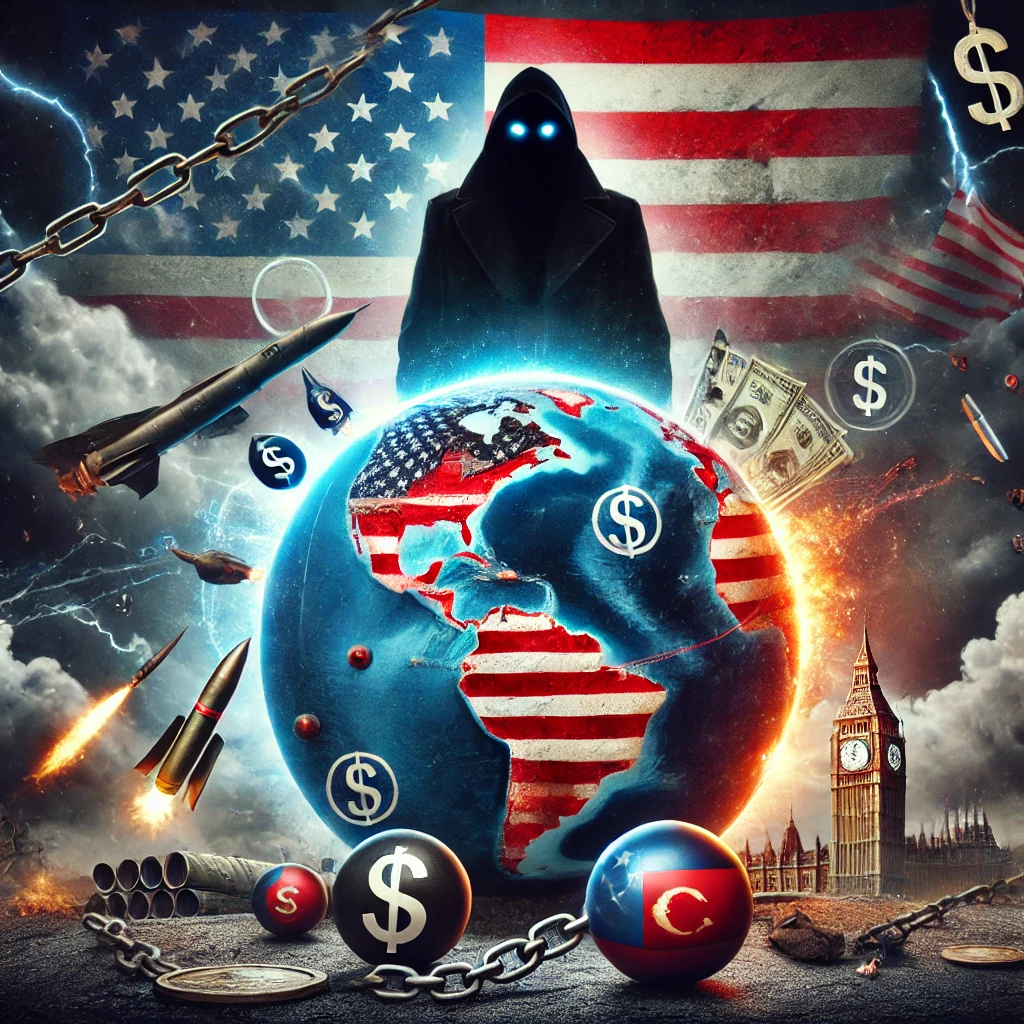Hungarian Prime Minister Viktor Orban has openly criticised Europe’s stance on the Russia-Ukraine War, suggesting that Europe also has a “war policy” that fuels the conflict. In an interview with the German Axel Springer group’s Bild and Welt newspapers, Orban expressed his discontent, stating, “I am sorry to have to say this, but Europe also has a war policy.”
Orban called on Europe to pursue an autonomous policy independent of the United States, arguing, “Because the real victim of the warring parties is the European economy and the European population.” He firmly believes that a solution to the Russia-Ukraine conflict cannot be found on the battlefield, asserting, “People, we, the world, want peace. Stop killing each other. Let’s start negotiations or at least understand that there is no solution on the ground.”
Reflecting on his meetings in Kyiv and Moscow, Orban mentioned, “I had the opportunity to speak with both the Ukrainian and Russian presidents. Believe me, the next two or three months will be much more brutal than we anticipated.” He highlighted that now is the right time to transition from a war policy to a peace policy, emphasising, “The main argument is to avoid the loss of human life. This is the most important moral motivation. But at the same time, Europe has its own interest because what is happening here is very bad for us.”
Orban criticised many European politicians for wanting an immediate solution to a problem that has no quick fix, stating, “The road to peace begins with those who are at war or close to it wanting peace. War does not fall from the sky. War is the result of certain people’s decisions. That’s why we need to find these world leaders. What are China, the United States, and the European Union doing? China has a peace plan. America has a war policy. Europe, instead of having its own strategic approach, simply copies America’s position.”
Orban further argued that if former German Chancellor Angela Merkel had remained in office, Russia’s invasion of Ukraine would never have happened. “Because Merkel had the ability, understanding, and skill to isolate conflicts that were bad for Europe,” he claimed.
Orban’s criticisms raise significant questions about the future of Europe’s policies and its role on the global stage. The ongoing conflict and Europe’s response to it will undoubtedly shape the continent’s trajectory. Will Europe continue to fragment under Orban’s era as it did under Ursula von der Leyen, or will it unite against the winners of war technologies like the US and China? Only time will tell.
